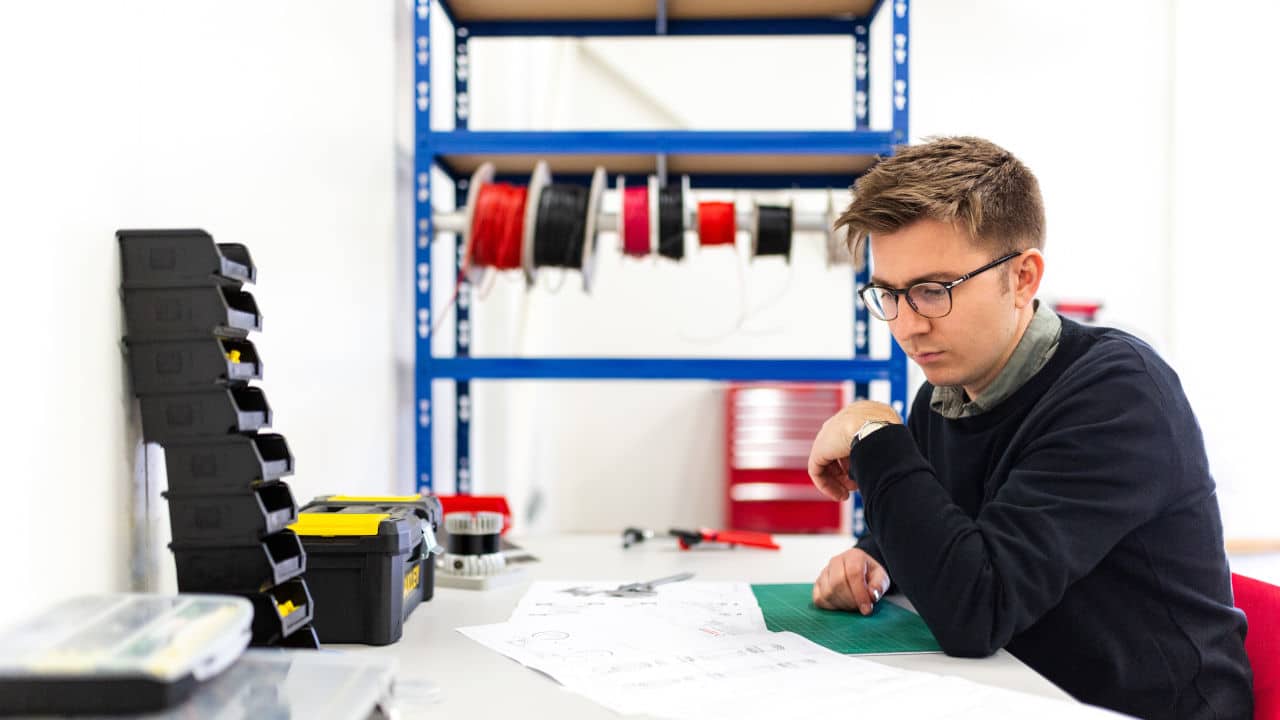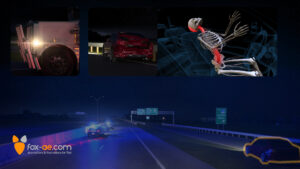Forensic engineering is using engineering knowledge and concepts to study failure, especially the failure of machinery, component, material, or structure.
Forensic engineers’ reports are employed when there is a risk of injury or property damage, such as when a structure collapses, a sprinkler system fails, a bridge collapses, or a machine malfunctions.
These findings are frequently used in court to resolve disputes or claims. When this occurs, the structural forensic engineer will be asked to provide testimony regarding the cause of the breakdown.
Engineers are also entrusted with assessing catastrophic damages after storms, floods, earthquakes, explosions, and major fire incidents.
In What Way Can Forensic Engineers Help in Product Liability Cases?
Product liability is founded on the idea that the party that made or sold a product to the consumer bears some obligation if the product damages someone or their property.
Although it is sometimes simple to determine that a product’s failure was caused by the end user’s error, this is not always the case. Attorneys and claims specialists must consult with forensic experts for advice to achieve a thorough investigation and comprehension of the failure.
An expert forensic electrical, or mechanical engineer can be crucial to handling a product liability case effectively. These professionals can offer the expertise required to evaluate a product failure and offer recommendations on how to approach the case most effectively.
The investigative engineer may be requested to determine whether a product or piece of equipment has an “inherent flaw” resulting from subpar design, faulty construction, defective assembly, or retrofit alterations in potential product liability losses involving machinery and equipment.
For instance, in the case of Kokins v. Teleflex Inc., a product liability case was brought before the court. The boat’s steering cable had snapped while in motion, which led to a lasting injury to the plaintiff’s ankle. A forensic engineer played a huge role in determining the technical and scientific information required in the case.
Major Steps Followed By Forensic Engineering Experts in Product Liability Cases
Forensic engineers rely on certain steps and processes to achieve the accuracy of reports and the admissibility of testimony.
They are as follows:
Identifying the root cause
The most crucial role that experts perform in a failure analysis study is identifying the primary cause of failure. An expert should be able to thoroughly describe their research methodology, results, and limits. Any investigation that ends before identifying the cause is at best ineffective and at worst harmful.
The forensic engineer must differentiate between manufacturing defects, design defects, and inadequate warnings or instructions.
The application of scientific process and a global perspective
A forensic engineer can be effective during an inquiry without having years of knowledge of a particular product. Instead, they should be able to use appropriate investigative techniques and have expertise in applying the scientific method.
This kind of competence in engineering concepts and modes of failure results in a worldwide understanding of product failures, allowing forensic engineers to successfully probe items without prior experience.
A good forensic engineer should be able to give a broad overview of a product failure and pinpoint the specific root cause.
The use of the globally accepted scientific method is emphasized in the case of Daubert v. Merrell Dow Pharmaceuticals, Inc.
According to the Daubert standard, the following five elements should be considered when determining whether a methodology is valid.
- Whether the theory or technique in question can be and has been tested
- Whether it has undergone peer review and publication
- Its recognized or potential error rate
- The establishment and implementation of standards controlling its operation
- Whether it has attracted universal support or acceptance within a relevant scientific community
Eliminating spoliation
Evidence spoliation is typically accidental and results from a lack of knowledge or experience in the investigative process. Avoiding evidence spoliation is a benefit of the early involvement of a forensic expert in a case. Experts who have received specialized training in gathering and preserving evidence will be able to stop unintentional harm or manipulation of evidence that could be crucial to the case.
Conclusion
Forensic engineering companies are usually in charge of proving forensic engineers in product liability cases. Given this, consulting with a phenomenal forensic engineering company is essential.






